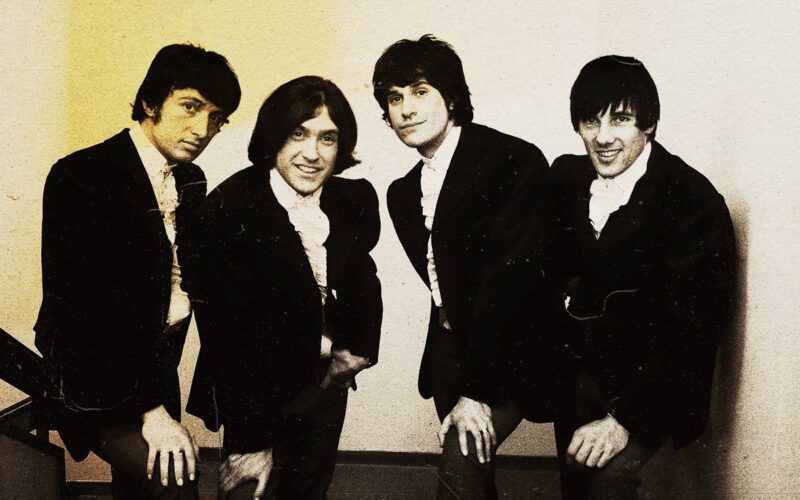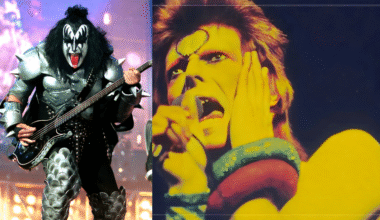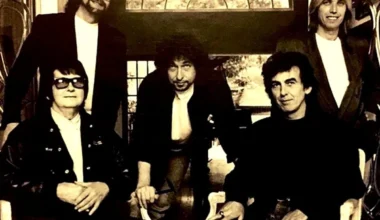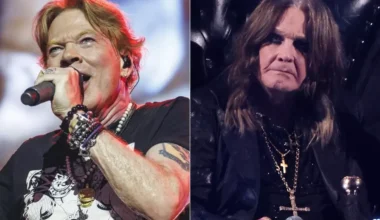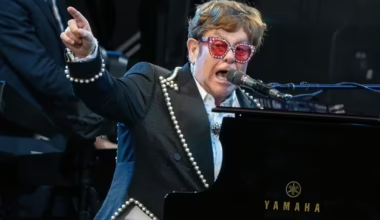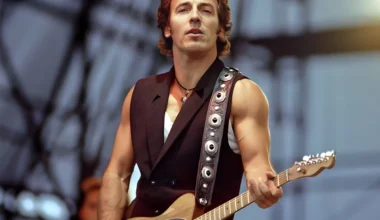One thing that The Kinks learned quickly as part of their ascension to becoming one of the most covetable British invasion bands of the 1960s was that the world of music was a combative place. The group were never too far away from controversy and, as well as indulging in their own fracas from time to time, also found themselves rubbing up other musicians the wrong way, such as John Lennon.
Countless versions of Lennon exist in the public imagination. For some, he was a shy man whose unease in public situations stood in stark contrast to the scale of his genius. For others, he was a cruel and vindictive bully.
Which are we to believe? Well, the reality is that it’s not really an either-or question. Lennon was likely a combination of all of the versions we have of him; at once a biting intellectual and a fiercely jealous husband. We’d rather believe he was that shy and mousy man he is sometimes made out to be, but, if Ray Davies of The Kinks is to be believed, this was far from the truth — something he learned the hard way in 1964.
When The Kinks were asked to open for The Beatles on the south coast of England, they couldn’t believe their luck. They’d only released two songs, ‘Long Tall Sally’ and ‘You Still Want Me’, neither of which had made any noticeable impact on the UK charts. Indeed, the latter failed to chart at all. In contrast, The Beatles were one of the hottest bands in the UK and would soon dominate the American charts too. Davies couldn’t help thinking that it all seemed a little unfair.
The Kinks possessed a great deal of what was so beloved about The Beatles, but they just didn’t seem to have the correct formula to get the results the Fab Four seemingly grabbed without even having to think. A gig together would surely only compound this frustration.

While being interviewed in 2009, Ray Davies opened up about his initial admiration for The Beatles, explaining: “I think they were such good businessmen,” Davies said. “And you know the difference between a writer and a businessman. The Beatles were organised about what they did. We did a few shows with them and it was apparent that they knew what they were doing”.
Adding: “I think they were very well organised about the way they worked,” Davies says. “And they had a team. I didn’t really have a team. They knew exactly what their music was being cast for. I didn’t. I knew I had a good riff guitar player [in brother Dave Davies]…but I had no one to collaborate with”.
Nevertheless, The Kinks were honoured to have been chosen to support The Beatles and excitedly made their way to Bournemouth from their London digs. When they arrived, The Beatles were milling around their dressing room. Ringo Starr was slapping his sticks on his suited legs, McCartney was humming one of the tunes circling around his head, and John Lennon was at the centre of it all, a surprisingly imposing figure with a scowl etched onto his forehead. Davies went up and shook him by the hand, at which point, “John Lennon made a remark that we were only there to warm up for them,” the Kinks frontman recalled.
Reeling from Lennon’s childish power-play, The Kinks strode onto the stage, determined to prove him wrong, and with an early version of ‘You Really Got Me’, that’s exactly what they did. The crowd went wild for The Kinks high-octane, hedonistic sound. “We got a great reaction from ‘You Really Got Me’,” Davies said. “It was an early validation that we had something that stood up for us, like being bullied in school and having something that was bigger than the bully. It was that sort of feeling”.
Lennon’s ire would cool, though, and he was reportedly spotted enjoying one track in particular. Writing in his autobiography, X-Ray, Davies revealed: “Someone had seen John Lennon in a club and he kept on asking the disc jockey to play ‘Wonderboy’ over and over again”.
The reaction from the crowd that night with The Beatles convinced The Kinks to take the song into the studio and release it as a single, giving the band their first chart-topping single, and igniting a chain reaction that saw them become one of the leading bands of the ‘British Invasion’. “When it went to number one, it was like that thing of losing your virginity,” Davies said. “You’re never quite the same again; you never forget that moment.”
